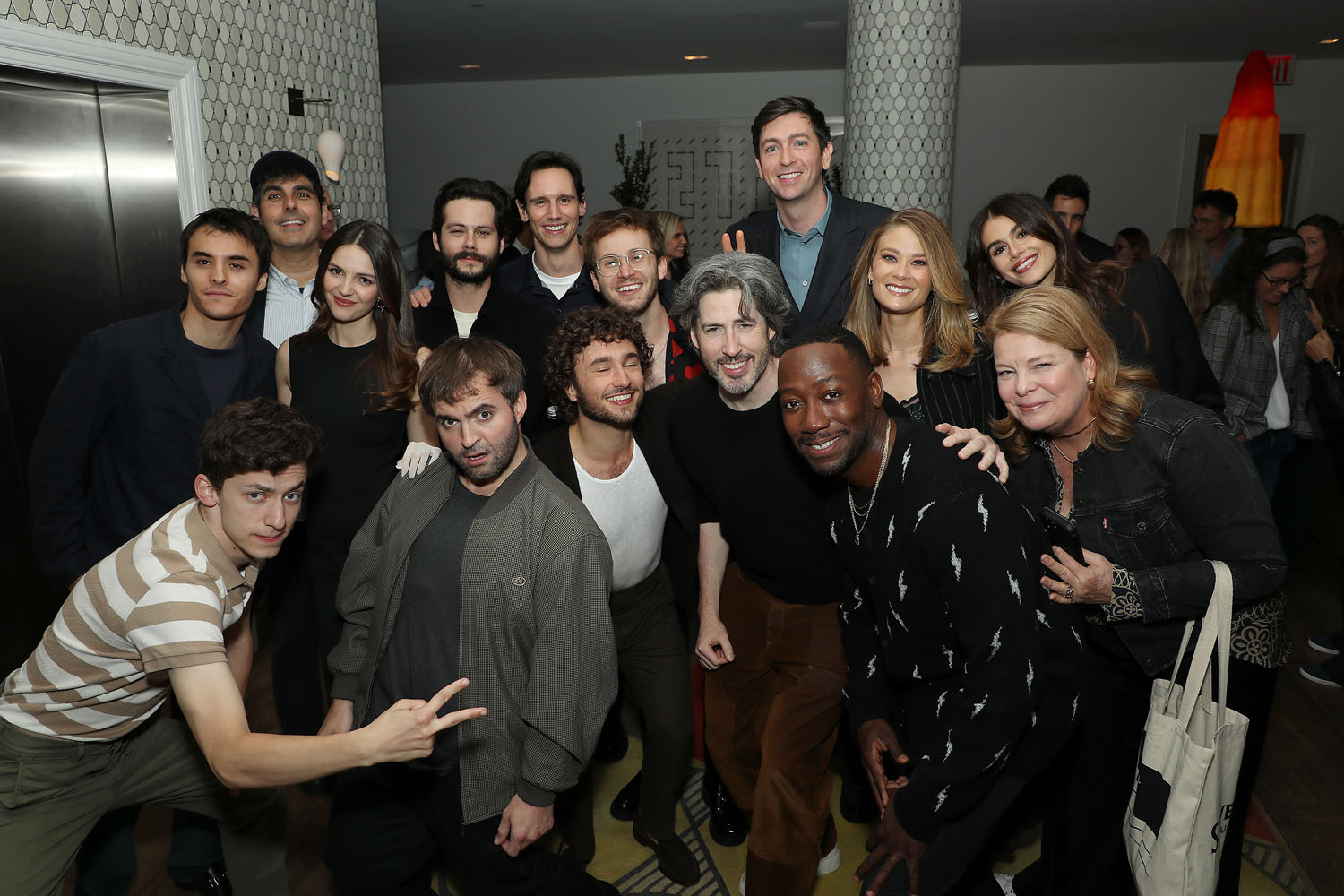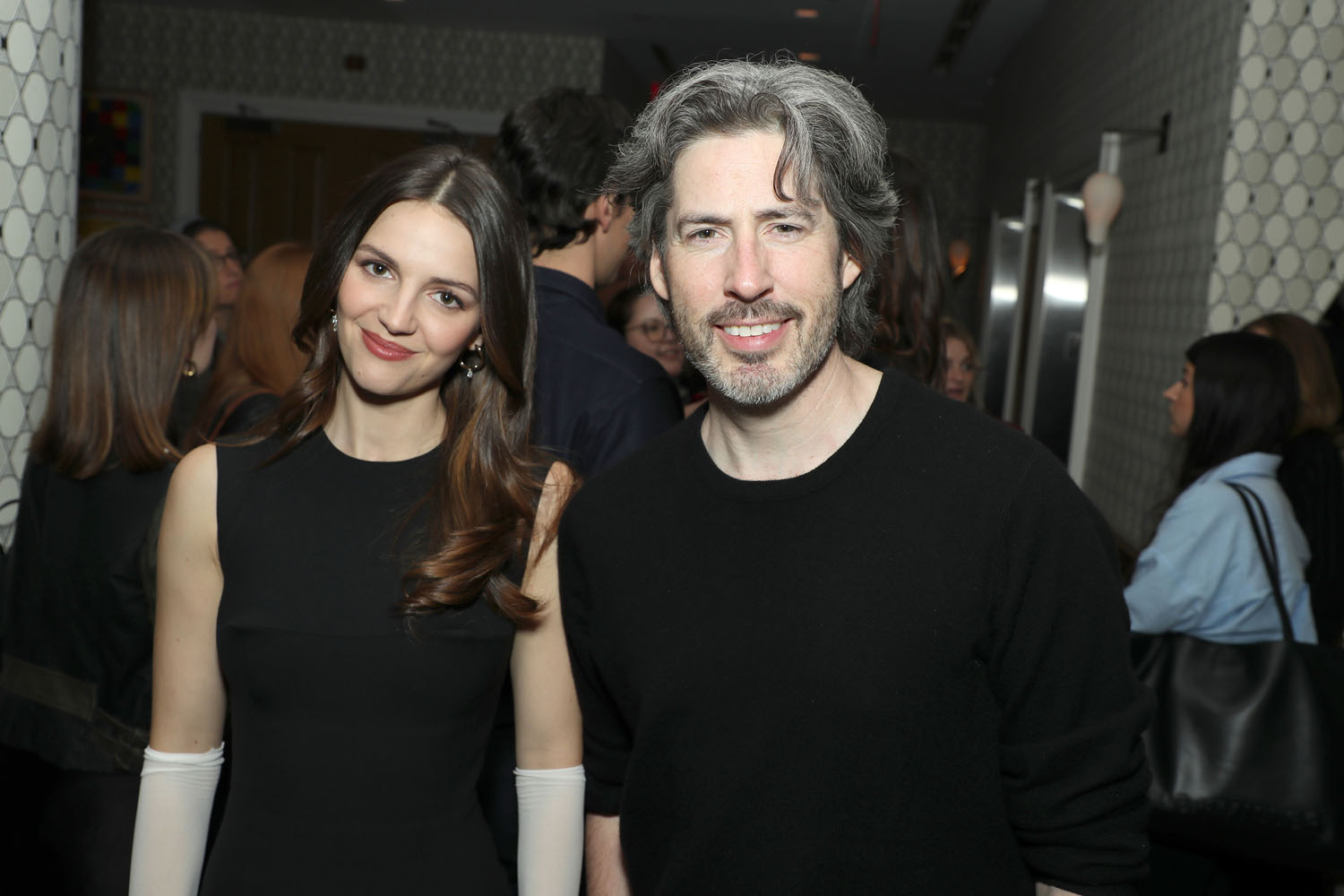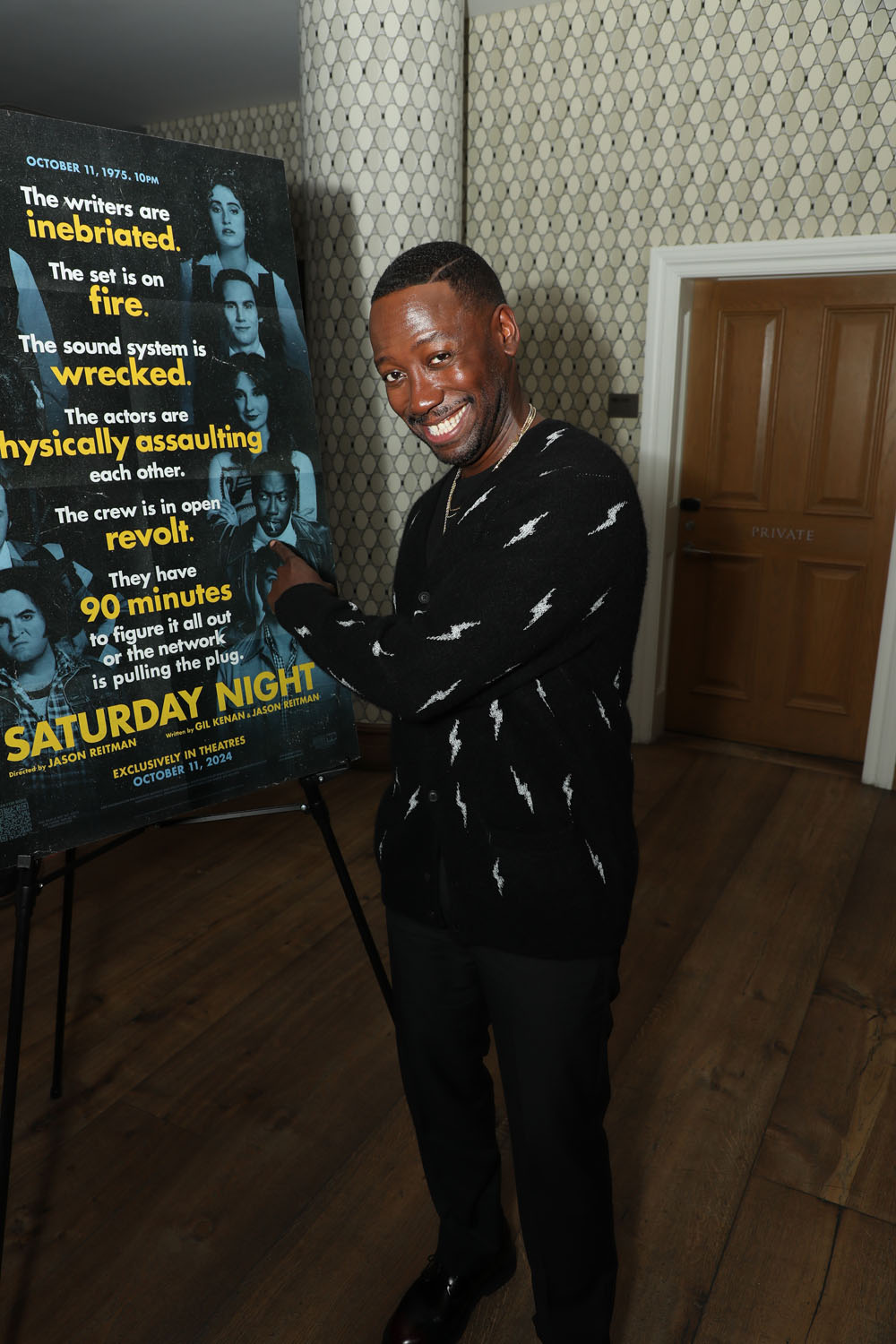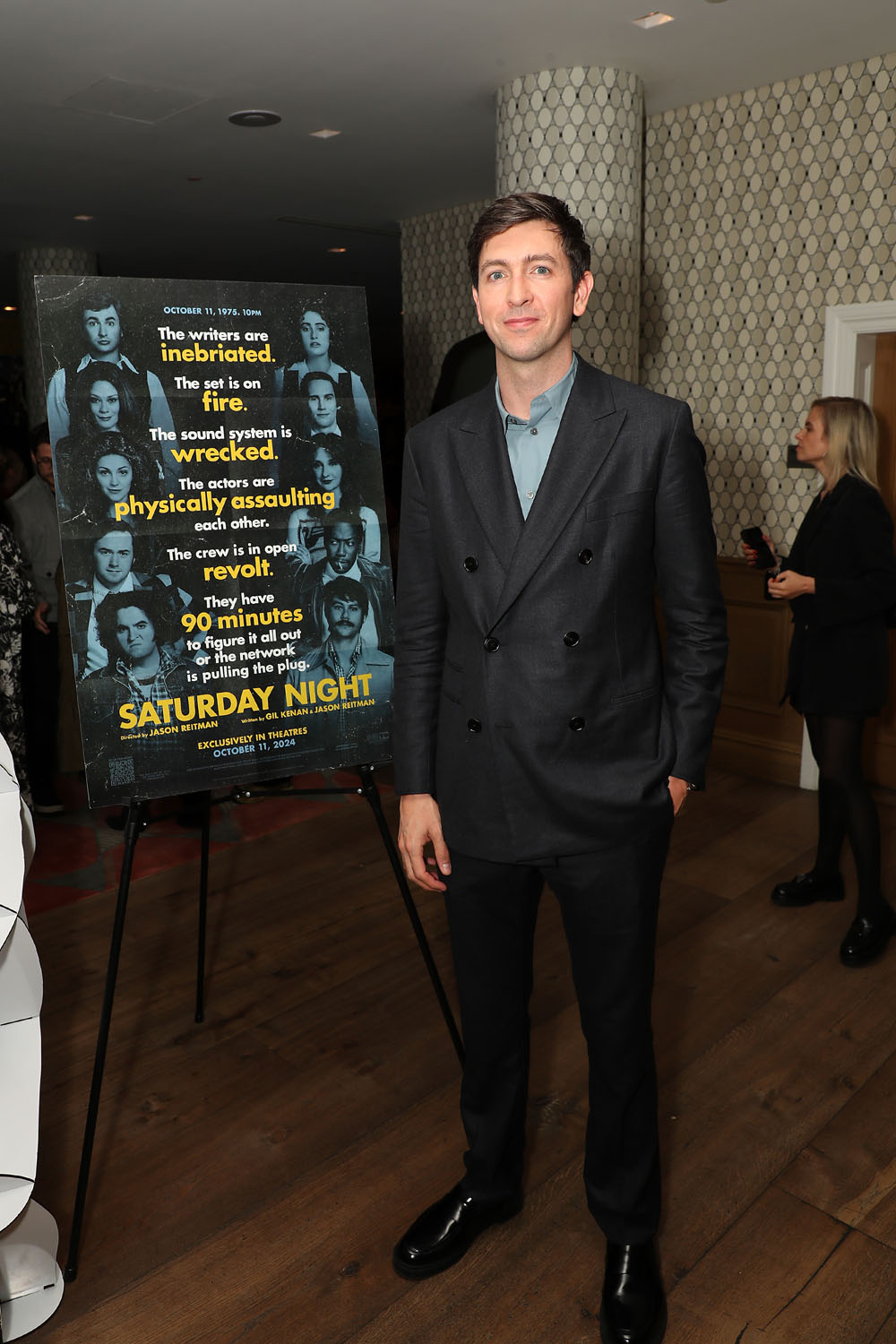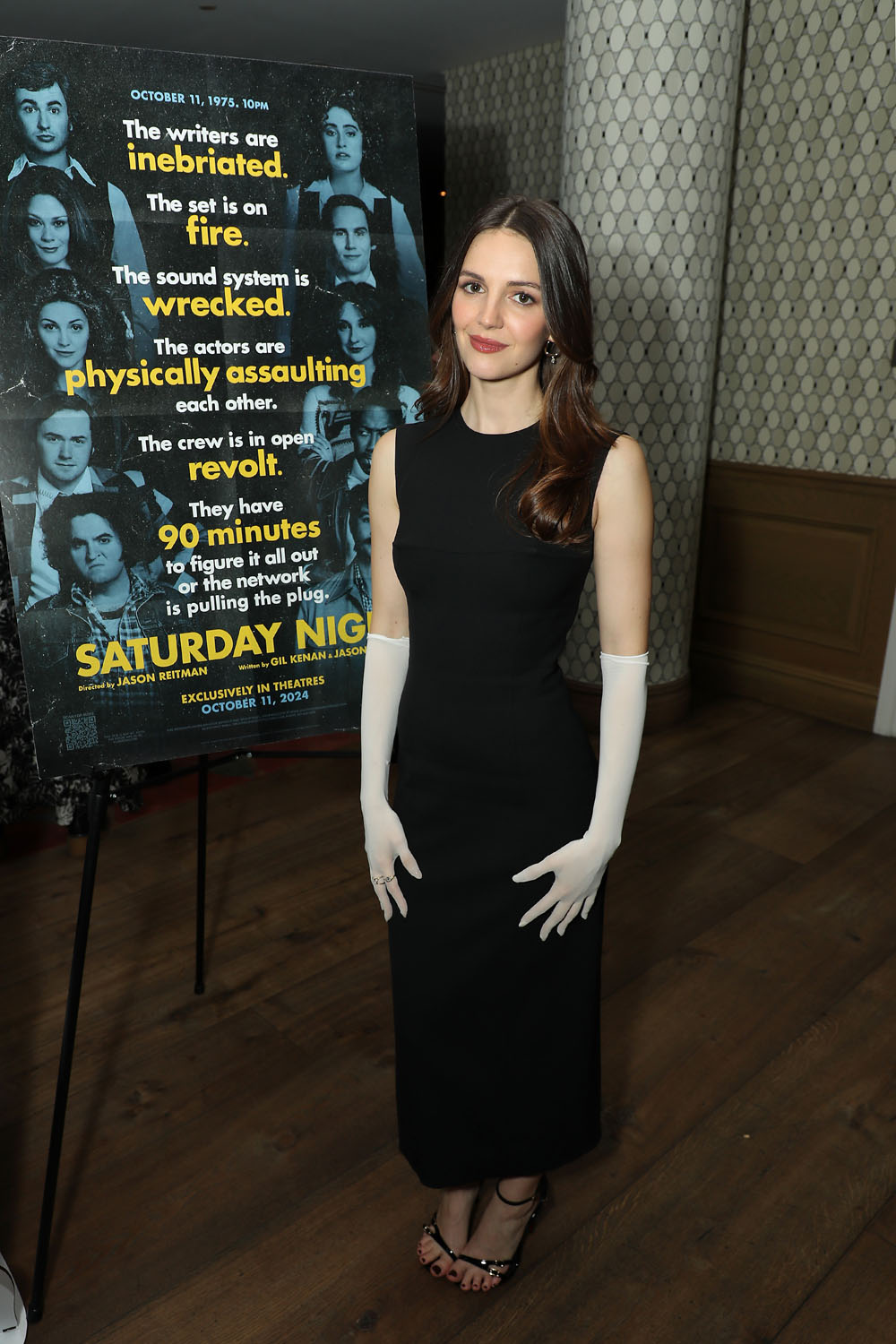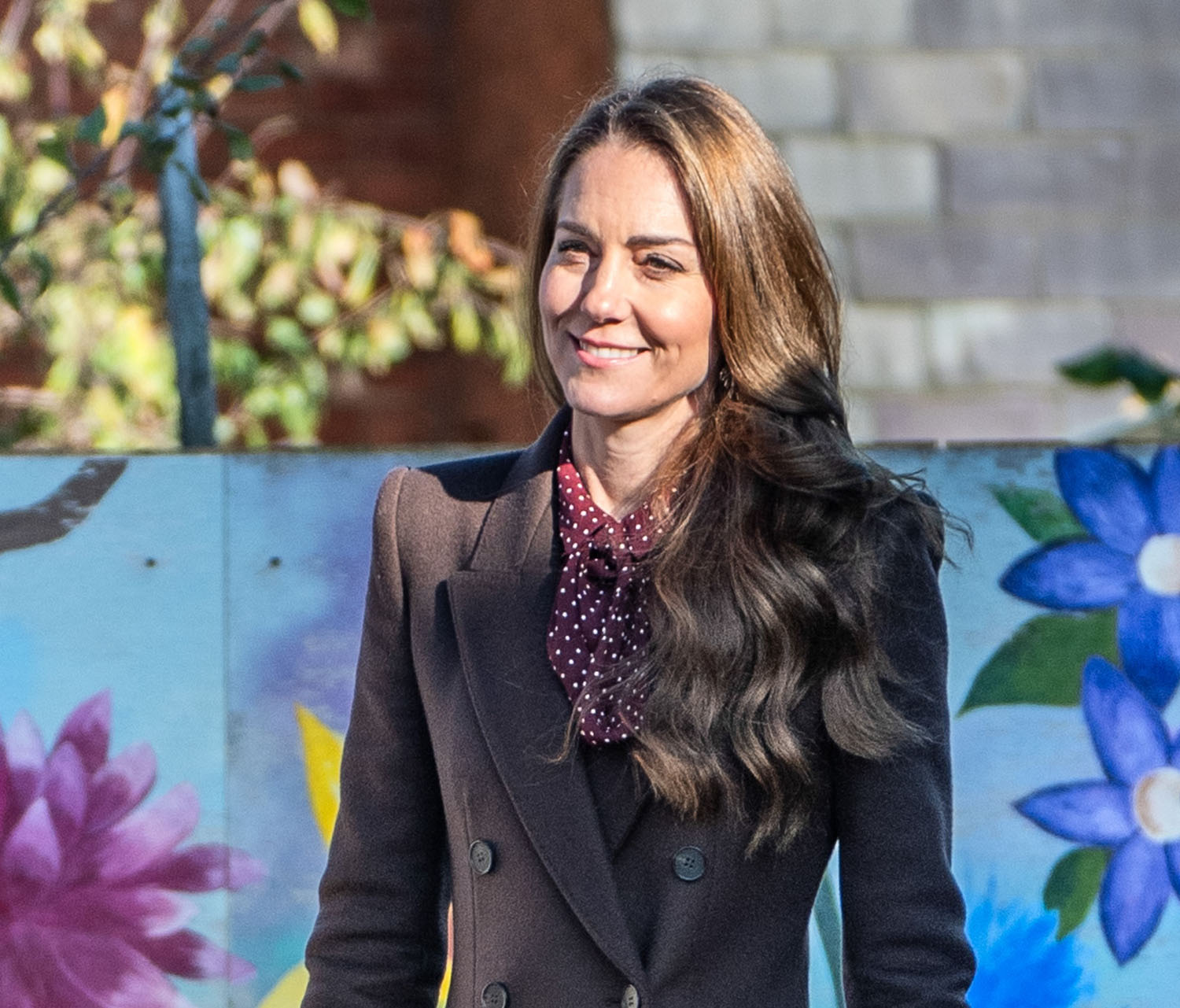Saturday Night Not-Live


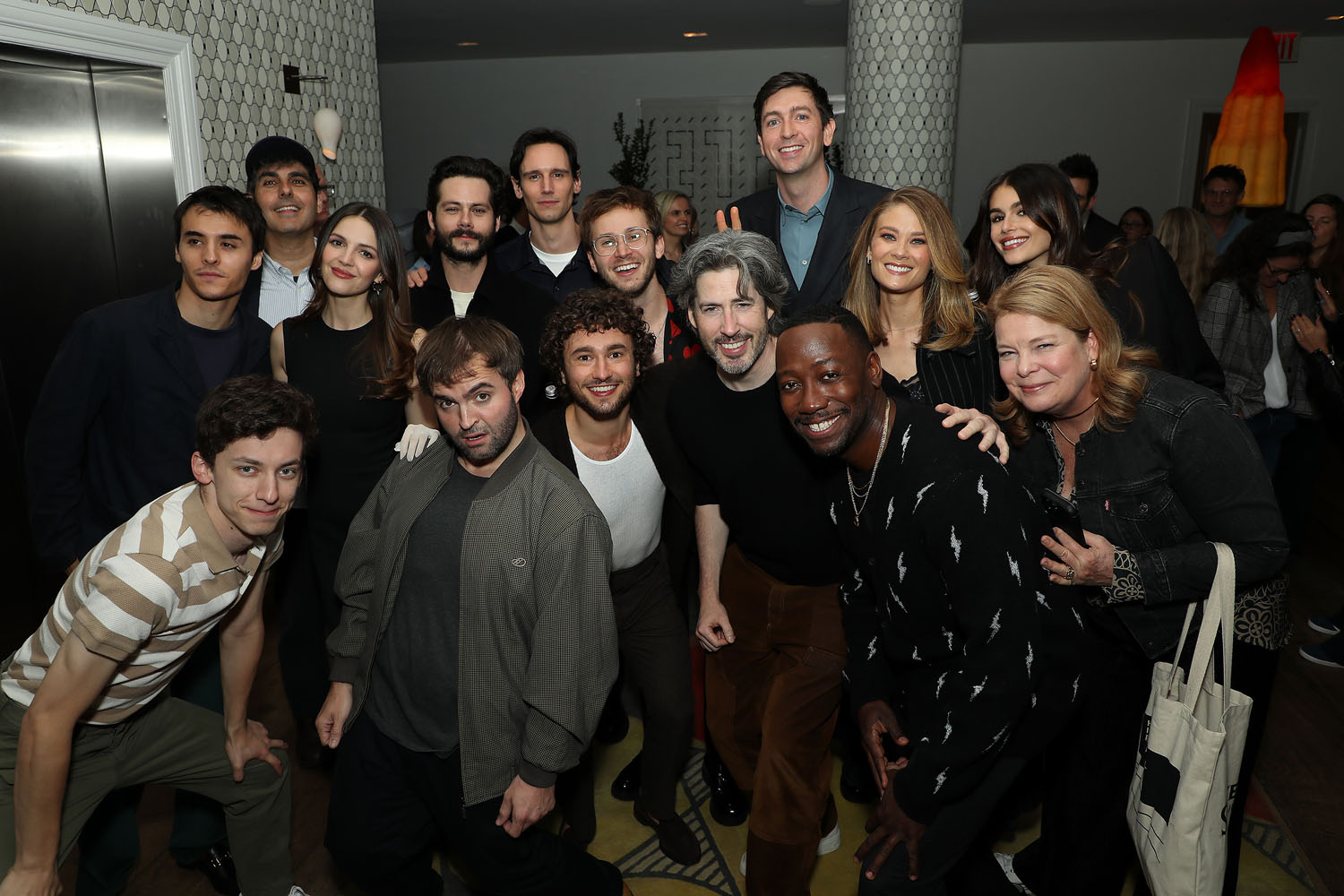
There is a moment in Jason Reitman’s Saturday Night, a love letter to Lorne Michaels and his long-running late-night sketch series, where it seems like Reitman saw Aaron Sorkin’s own (short-lived) Saturday Night Live-inspired series and said, “I can do that, but better.” There is an inherent Sorkin-esque quality to Saturday Night, which counts down the final 90 minutes until the October 11, 1975, premiere broadcast of the show, then called Saturday Night on NBC. But that’s where the Sorkin comparison ends, as Saturday Night is in every other way a Jason Reitman joint. It looks great, the casting is perfect, the nostalgia and reverence are clear, it is almost totally devoid of humor.
I’m not sure where Jason Reitman’s sense of humor went, but it’s been missing for years now, and Saturday Night derives most of its humor from repeating jokes and bits performed by now legendary comedians. Nicholas Braun recreating Andy Kaufman’s “Mighty Mouse” bit is funny, because Andy Kaufman’s “Mighty Mouse” bit is still funny, not because Reitman, by way of writing or directing, is adding anything to it, or because Braun is doing anything particularly funny himself as Kaufman (he’s much better used in his dual role of Jim Henson, who comes across as a sweet, out of place hippy wounded by the SNL writers’ cruel humor).
A lot works in Saturday Night, though. As mentioned, the casting is great. Gabriel LaBelle stars as Lorne Michaels, and without ever feeling like he’s working on a perfect impression, he nails the character of a driven, ambitious man with an idea no one else quite understands, putting his whole heart and soul into making that idea work in increasingly chaotic circumstances. This is Lorne as a young man, untested in television, far from the power producer he will become, but LaBelle captures the moments where that later version of Lorne peeks through, the instances where he exerts his authority and more importantly, his taste, to make last-minute judgment calls that will literally make history.
Rachel Sennott stars as Rosie Shuster, Lorne’s childhood friend turned wife and creative partner. Their marriage has petered out, though neither has called it quits, but they’re stuck in a strange limbo, and also still joined by Saturday Night, a sketch show built around their comedy friends, mostly from Toronto’s comedy scene. Sennott shines in every scene she has, and you have to wonder if Saturday Night might have had a little more spark if it was centered on Rosie, not Lorne.
Amidst all the chaos, the original cast of SNL wanders in and out of various fracases. Chevy Chase (Cory Michael Smith, giving an inspired, devastatingly callow performance) wanders around with his beautiful fiancée (Kaia Gerber) and ponders his impending fame, it’s exactly as intolerable as it sounds. Tracy Letts pops up as Herb Sargent, co-creator of “Weekend Update”, and delivers a crushing monologue “predicting” Chevy’s future as a successful but lonely and loathed star, and JK Simmons swans in as the deeply unpleasant Milton Berle, who cuts Chevy to the quick.
Gilda Radner (Ella Hunt), meanwhile, spends a lot of time talking John Belushi (Matt Wood) off the proverbial ledge, and Dan Aykroyd (Dylan O’Brien) flirts with every woman in sight, repeating the same smarmy lines over and over. In one of the film’s best bits, Aykroyd is deeply uncomfortable being the objectified butt of a sexual joke in a sketch featuring the show’s comediennes, proving how thin his skin really is. And Julliard-trained, Broadway-anointed Garrett Morris (Lamorne Morris)—the only Black man in the cast—wanders around studio 8H, asking any and everyone what he is even doing there, until he steps up and delivers a hilarious bit that shows what Lorne saw in him as a comedic performer.
The format of Saturday Night also works very well, as it echoes the format of an episode of SNL. There are monologues, there are musical breaks—Jon Batiste appears as Billy Preston and Naomi McPherson stars as Janis Ian—there are sketches, and Nicholas Braun’s dual roles operate as the same kind of quick-change performance SNL cast members must give every Saturday night. It feels like a missed opportunity, then, that film isn’t actually 90 minutes, instead running 110 minutes. Saturday Night uses a countdown clock to mark the minutes slipping away until that fateful broadcast, the film really shouldn’t run more than 93 minutes, the length of an episode of SNL.
What doesn’t work as well in Saturday Night is that it just isn’t about anything. It’s a recreation of events, not totally historically accurate but it captures something of the unknown quantity SNL was back then—before it was technically even called “SNL”—and the sheer determination and force of will it took to get the show to air. But beyond the nostalgia for that time and place, there’s no there there. Yes, it’s funny that Dan Aykroyd is constantly talking about aliens and ghosts, because we know he does that for real, but the closest Saturday Night comes to being about anything is the moment we see the objectification table turned on Aykroyd and he doesn’t like it. But does that go further than that one moment? Nope!
Similarly, Tommy Dewey gives a scathing performance as SNL head writer Michael O’Donoghue, but does the film draw any kind conclusion about how Michael, a prime example of a toxic comedy bully, influenced generations of comedians to accept his brand of verbal abuse as par for the course in a work environment? Nope! The film takes time to humble Chevy Chase, and to show John Belushi casually using cocaine, but does it connect the environment of SNL with their issues off stage? Nope! It almost feels as if anything negative stems from forces beyond anyone’s control and only the positives, like Garrett Morris’s explosive moment of improvisational comedy, come from SNL.
Saturday Night IS entertaining, though. The chaotic atmosphere, Lorne’s dogged determination, Rosie’s unexpected warmth, all those pieces work. And the sheer volume of great actors popping up to do brief turns as legendary figures is fun, just like it is when great actors cameo on SNL (Matthew Rhys is especially good as a terminally annoyed George Carlin). I wish the film had jokes of its own, that it felt more intrinsically tied to the humor of SNL, but there is a harried yet thriving energy to Saturday Night that, while shallow, rings true to the subject. Saturday Night doesn’t have more to say than “Wow, SNL! Golly!”, but it says “Wow, SNL! Golly!” with a lot of energy.
Saturday Night is now playing in limited theaters. It will expand across North America on October 11, 2024.

